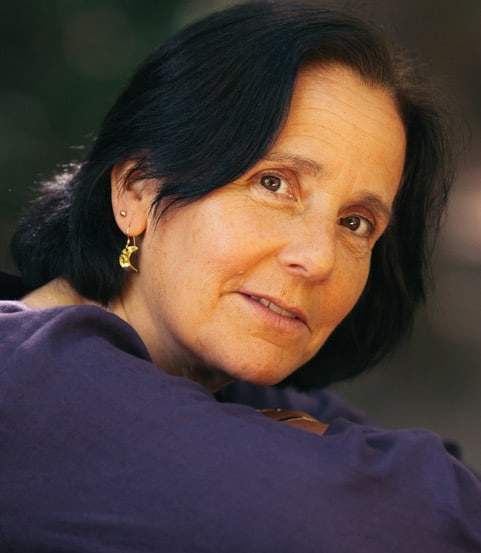
Brookmont Church
4000 Virginia Place
Bethesda, MD 20816
The Spa Room
4115 Wisconsin Avenue, NW
Washington, DC 20016

More Mental Health Articles
The Importance Of Being Resilient In Today’s Pressure-Cooker World
Change is a normal part of life. Humans are hard-wired to adjust and rebalance to an ever-changing environment. But, nowadays we lead super fast-paced and stressful lives packed with responsibilities and demands. We’re constantly bombarded with information, enticements, distractions and increasingly facing unpredictable and contentious situations. Unfortunately, this relentless pressure leaves far too few opportunities to pause, reflect, refresh, and integrate. The result is that we’re constantly reacting and never quite rebalancing. We find ourselves on the defensive, struggling to keep up and never catching a break. It’s stressful and exhausting. No wonder so many of us in ever-increasing numbers are turning to unhealthily self-soothing behaviors, burning out, getting sick, seeking help, soul searching and wanting to escape.
Everyone needs healthy and effective coping strategies to be resilient. That might mean committing to a self-care practice, modifying engrained behaviors, instituting a lifestyle change or seeking assistance from others. It may seem impossible to fit anything – even a simple essential self-care practice – into an overstretched schedule, but the truth is tiny steps in the right direction can result in a very big improvement, which in itself can enable additional steps, creating significant multiplier effects. Slow gradual improvement is far better than none at all.
So, take a step. Start simple and use resources you already have. For example, use your breath. Take a few deep cleansing breaths to immediately ease stress, clear your mind and improve your mood. Use your breath this way to create some space when making hard decisions or before reacting to someone or something that triggers you. This practice is something you already know how to do, requires very little time or effort, and is free.
Another simple practice is to regularly check in with yourself; after all, nobody knows you like you know yourself. Several times over the course of the day, stop what you are doing and ask yourself: what am I doing, how am I feeling, what do I sense in my body (e.g., warmth in my chest, tightness in my belly)? Note if what you sense is more open or constrictive, and to the extent possible, favor what feels more open. The more you practice, the more attuned and confident you will become in your own internal voice. Your regular attention and reflection will increase your awareness and encourage you (consciously or unconsciously) to act in ways that decrease the disease (constriction) and increase the ease (openness). If this process underlies your choices, it will continually orient you to live in a way that supports life moving forward, sustained healing and greatest well-being. Oftentimes, change requires consistent conviction and less willfulness and effort.
Consider taking bigger steps. Pursue a mindfulness or meditative practice: even a regular 10 minute practice will be beneficial. If you’re stuck in unproductive mental rumination or at a loss for what to do, enlist the assistance of a coach or commit to learning self discovery and personal skills. Most important if you feel under-resourced, take a step. It can be small or big, but take a step.
Other Articles You May Find of Interest...
- The Challenges of Being an LGBTQ+ Parent
- Embracing Healing: Navigating the Emotional and Physical Journey of Mastectomy Recovery
- Understanding the Role of Support Groups in Personal Development
- Ways To Check On a ‘Mama’ In Your Life
- How to get rid of stress
- The Impact Of Mental Illness
- Healthy Mind In a Healthy Body

















